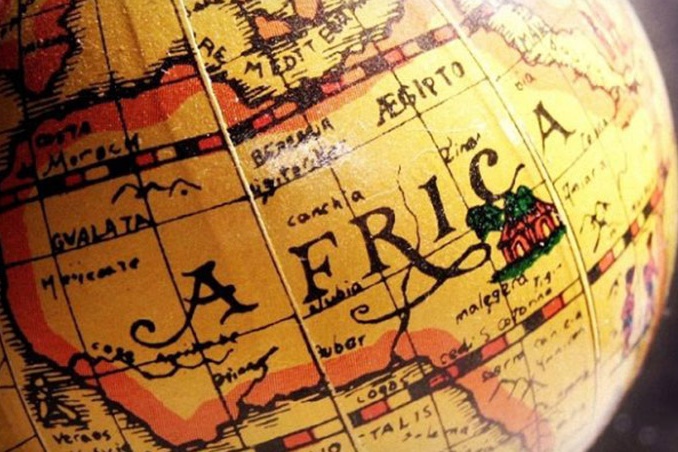Africa’s wheat import bill hits $20 billion annually

Solomon Gizaw, Head of TAAT Clearinghouse at Technologies for African Agricultural Transformation (TAAT), conveyed this information to stakeholders during a workshop on wheat seed production in Nigeria.
He said that African nations were bearing the brunt of the crisis with a huge financial impact, Independent newspaper reported.
What Gizaw said: “The fight between Russia and Ukraine impacted the whole of Africa. You can imagine, two countries fighting elsewhere in Europe but the fight has caused a lot of supply disruption because we Africans are the major importer of wheat across the continent. Which means we don’t have food security as our food security is in the hands of the others.”
“Africa around this time annually spends nearly $20 billion to import wheat from another part of the world. They import fertilizer and wheat from Ukraine and Russia and as a result, the war between the duo has disrupted the supply of wheat and also fertilizer. This resulted in the African countries wheat prices and supply,” he said.
Gizaw stated that Africa is facing numerous challenges, particularly in providing affordable food, including bread for the poor, due to the high cost of fertilizer.
He stressed that Africa has the technology, land, water, and workforce to achieve food security. However, the continent needs to unite and collaborate. “Nigeria can not only feed itself but also other African countries,” he said.
He disclosed that Africa has numerous high-yielding wheat varieties that can yield 6 to 7 tonnes per hectare. However, in Nigeria, current wheat production is not surpassing 2 to 3 tonnes per hectare.
“You can imagine. With one farmland, we can increase productivity by two to three folds. So the African Development Bank is working with the Nigerian government to expand wheat. And the government has committed to take this variety,” he noted.
According to him, three countries—Ethiopia, Sudan, and Nigeria—initiated efforts toward self-sufficiency in wheat production. However, instead of progressing, Nigeria is retrogressing in this regard.
Read also
Wheat in Southern Brazil Impacted by Dry Weather and Frosts
Oilseed Industry. Leaders and Strategies in the Times of a Great Change
Black Sea & Danube Region: Oilseed and Vegoil Markets Within Ongoing Transfor...
Serbia. The drought will cause extremely high losses for farmers this year
2023/24 Safrinha Corn in Brazil 91% Harvested
Write to us
Our manager will contact you soon



